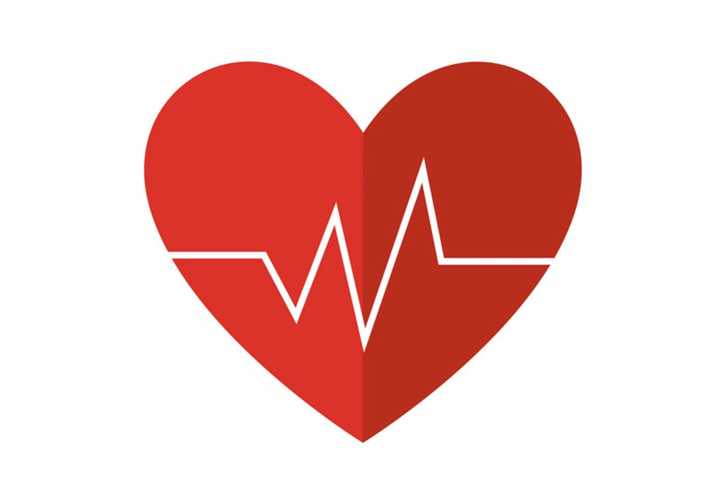“If you have heart failure, do all of that, plus watch your salt and water intake, and be active,” said Gass, medical director of Cardiac Transplantation and Mechanical Circulatory Support at Westchester Medical Center, the flagship of the Westchester Medical Center Health Network (WMCHealth), who also sees patients at Good Samaritan Hospital, in Suffern. “People think that exercise and heart failure don’t go together, but staying in bed and watching TV is the worst thing you can do.” Even taking a daily 15-minute walk will reap benefits. Following a heart transplant: “People go back and live a normal life, including regular exercise. Our patients have competed in the International Transplant Olympics in volleyball, track and downhill skiing.” One patient even completed the New York City Marathon.
A well-rounded diet and portion control are important, and taking things away (fried foods, for instance), rather than adding things you don’t like to eat, is the best approach. “I ask my patients to keep a food log and show it to me. If food isn’t fresh, it’s very important to read nutritional labels. ‘Low-salt’ is still salty,” he said.
“I’m a big believer in mind-body connection and the power of positive attitude,” said Gass. “Have faith; find a hobby; keep your mind active — all of that translates to a positive attitude. Heart failure is one of the few lethal diseases that has a fix, with long-term survival rates and excellent quality of life.”
Cardiac Care at WMC Health
The WMCHealth Heart and Vascular Institute provides comprehensive, integrated cardiac care throughout the WMCHealth Network, which provides world-class care close to home. For more information, click here.
